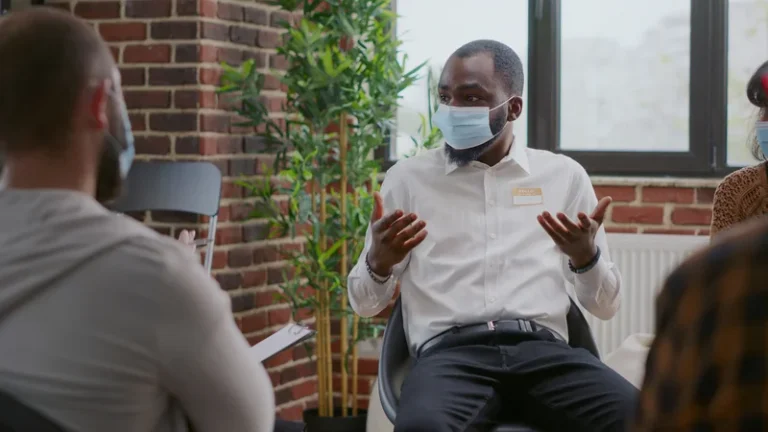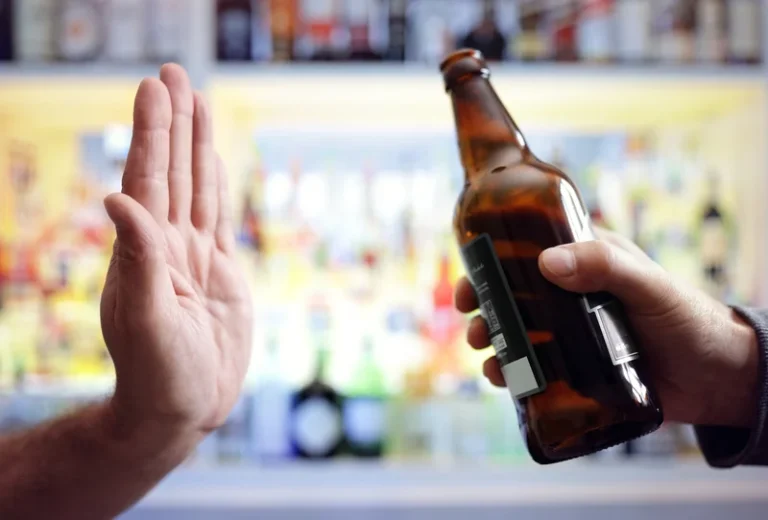How to Handle Loneliness in Addiction Recovery

Rekindle old hobbies, become a volunteer, and engage in regular exercise. These activities make you feel better, and you can connect with people who share similar interests. When you feel loneliness, you feel isolated from those who support you. This isolation often leads to negative self-talk and doubt that you are on the right path. Loneliness in early recovery makes people feel they are different from others which can lead them back to drug use after a period of sobriety. Distract yourself from those feelings of loneliness and make a date with yourself.
- Individuals in recovery often deal with psychological withdrawal symptoms like depression, anxiety, and feelings of worthlessness.
- However, while the correlation between SUD and loneliness is clear, you may not have recognized that there can be a significant risk of loneliness in recovery, too.
- The searches were limited to articles in English, French, and Spanish published between January 1st, 2000 to October 27, 2021, followed by an updated search to January 3rd, 2023.
Addiction has a stigma

Bell and Walsh [37] conceptualized SIL among individuals experiencing homelessness as being driven by mainstream normative conceptions of homelessness and the stigma of homelessness. Second, when you’re starting recovery, it’s a good idea to distance yourself https://ecosoberhouse.com/ from friends and acquaintances who use drugs and alcohol. Even if they don’t pressure you to drink or use drugs, the association might trigger a craving. Feeling this avenue of socializing is restricted in this way might make you feel lonely.
Tips for Dealing With Anger When You’re Sober

Solid relationships help you develop healthy coping skills, learn from each other, and build resilience. Loneliness reduces your opportunities to learn or practice these skills, leaving you more vulnerable when dealing with triggers. Loneliness may sap the motivation needed to continue the hard work of recovery. Conversely, being part of a tight-knit community offers encouragement and reinforcement. A support network may celebrate sobriety milestones or help you stop when you feel the need to consume a substance. Recovery faces you with the challenge of processing a rush of emotions without the previous coping mechanism.

How to Manage Loneliness During Recovery
At New Method Wellness, we want to support our clients through every aspect of addiction recovery. That’s why our addiction therapy programs span a wide range of methods and approaches. Whether you’re struggling to overcome loneliness in addiction recovery or anything else, our center is here for you. As previously mentioned, your life has likely been completely uprooted through getting treatment for addiction and removing your previous toxic circle. This is when you need to start making other connections through new experiences. You may have learned a new hobby or interest during your rehab period.
- Learning to deal with the inherent loneliness in recovery helps you avoid the risks above and prevent relapsing.
- Some people may not have a strong support network to help them through recovery, leading them to feel more alone in the battle against SUDs.
- Without support, it is incredibly difficult to cope with those feelings without drugs or alcohol – so the circle continues.
- Some participants reported feeling voluntarily isolated as they did not want to engage with others and some participants anticipated social isolation due to transitioning into a new environment.
- These findings are not only consistent with broader research [95, 96] but also underscore deeper, often systemic issues within social service frameworks [97].
Characteristics of the populations covered in included studies
Practice means taking action every day to move closer to your goals. This includes attending support group meetings, avoiding triggers, and following your aftercare plan. By practicing what you learn in your recovery program, you can ensure it becomes part of your lifestyle. Together, we can forge new pathways to reduce loneliness and its burdens. What we suggest here is to pay attention to what’s happening in your community or neighborhood and join in whenever you see an announcement for a public event.
How Do You Cope with Loneliness in Addiction Recovery?
When you make the decision to get clean and sober, you are making a decision that will change your life forever. The experienced and compassionate professionals at The Berman Center will give you the tools and support you need to make recovery a reality. We offer a wide range of outpatient treatment programs that are evidence-based and personalized to meet your unique needs. Whether you are struggling with mental illness, substance abuse, or dual diagnosis, The Berman Center will help you find peace, health, and freedom. Contact us to learn more about our intensive outpatient programs and dual diagnosis treatment in Atlanta. In this blog, you will learn why loneliness in early recovery occurs, and you will discover ways to combat it.
How Do You Manage Anxiety in Addiction Recovery?
Unfortunately, far too many of us are not building real relationships with real people. As a result, as the predominance of social media rises, our ability to connect and build healthy relationships actually decreases. As governments work to address loneliness as a wider public health and social concern, there have emerged no one-size-fits-all effective solutions. Individual-level interventions, such as community exercise classes or neighborhood block parties, often fail to recognize the triggers for loneliness are so different across and within societies. A recent analysis of 52 national policies concluded that this necessary subtlety was missing. The researchers suggested the most effective interventions might be nested in existing community interventions that bring people into more frequent contact, such as encouraging pedestrian travel so more people are out walking.
- And we learn to keep ourselves occupied – solo – for hours on end, without the need for connection and reassurance from parents or caregivers.
- Exercise and artistic activities, such as painting, dancing, or playing an instrument, have been shown to improve mood and be a great aid during therapy.
- There is some consensus in social work to consider SIL in needs assessments for health and social care for some specific population groups, such as seniors and youth [18, 19].
- This is true, especially when dealing with a unique combination of mental health and substance use disorders.
- Attending regular meetings gives you a place to be social, allows you to connect with others, and helps you build new relationships with people who share the same goals as you.
How Do You Know if You Need Residential Treatment for Addiction?

Check to see if any apps you use, like fitness or workout apps, have a social element or discussion board to join. Whether it’s an art class, exercise class, or book club, joining a class or a club automatically exposes you to a group of people who share at least one of your interests. Check your local library or community college as well as city parks and recreation departments to see what’s available.
Overview of included studies
Loneliness is not something that should be taken lightly; it’s a real emotion that needs to be addressed in order to prevent further mental health issues from coming up. While avoiding social media altogether may be incredibly difficult, it’s important to limit the amount of time you spend on social media. Because social media and parasocial relationships keep you from building real relationships, it can also help to drive feelings of isolation and loneliness. If you’re currently in recovery, you likely know the pain of isolation in the depths of substance use disorder. However, while the correlation between SUD and loneliness is clear, you may not have recognized that there can be a significant risk of loneliness in recovery, too. Those suffering from an SUD turn to substances to combat feelings of loneliness, and taking away these substances can make a person feel more isolated.
